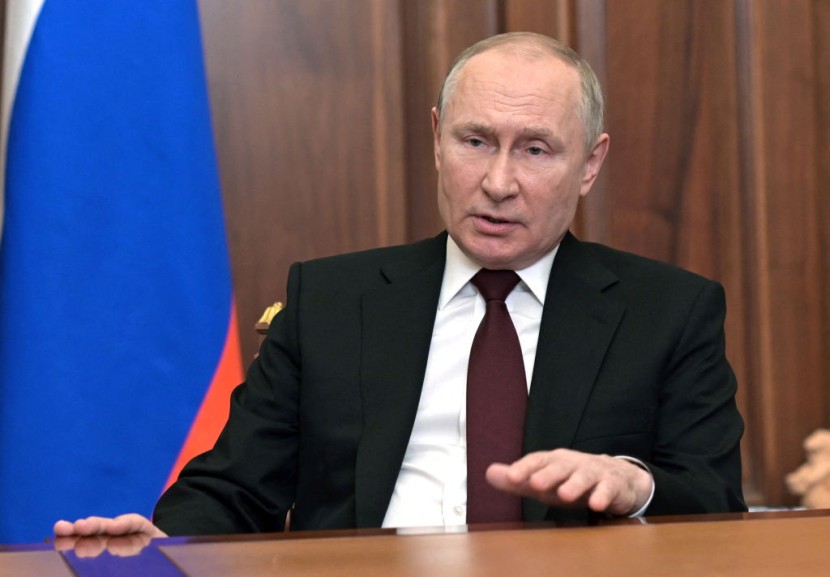
Russian President Vladimir Putin has recently ordered his nation's troops into two breakaway regions of eastern Ukraine after his Monday announcement recognizing the independence of regions.
On Tuesday, UK Health Minister Sajid Javid said that Moscow's invasion of Ukraine has begun despite United States President Joe Biden avoiding using the word "invasion" to describe the recent development.
Sanctions After Sanctions
The situation has prompted U.S. Secretary of State Antony Blinken to schedule a meeting with Ukrainian Foreign Minister Dmytro Kuleba on Tuesday afternoon. The event will be held at the State Department and comes after Blinken last spoke to Kuleba on Monday night.
State Department spokesman Ned Price said that the two officials discussed ways to retaliate against Russia by imposing U.S. sanctions and additional measures. Blinken and Kuleba are expected to hold a joint press briefing following their Tuesday discussions.
Furthermore, the Biden administration has expressed support for Germany's decision to halt Russia's Nord Stream 2 pipeline. The White House said that the American government would follow up with its own measures on Tuesday, as per CNBC.
On top of the sanctions handed out by the United States federal government, Britain imposed its own on Tuesday on Gennady Timchenko and two other billionaires who have close ties with Putin. British Prime Minister Boris Johnson said Moscow was heading straight towards "pariah status."
He argued that the entire world must now brace itself for the stage of the Russian president's plan, claiming that the Kremlin was already preparing for a full-scale invasion of Ukraine. Johnson said that his administration had sanctioned five banks; Rossiya, IS Bank, GenBank, Promsvyazbank, and the Black Sea Bank.
According to Reuters, Johnson did not hand out sanctions that limit Russia's biggest state banks that would result in cutting off capital for Russian companies or ejecting other prominent so-called Russian oligarchs from Britain.
Consequences of Putin's Announcement
Furthermore, German business leaders have called off a meeting with Putin that was scheduled in March. Germany's Ost-Ausschuss Eastern Business Association canceled its annual meeting with the Russian president after the latter recognized the breakaway regions.
Chairman Oliver Hermes blasted Moscow's decision to recognize Luhansk and Donetsk as "independent" regions in eastern Ukraine. However, he urged the German government to remain open to dialogue with the Russian government.
In a statement, Hungary's Defense Ministry said that it would deploy supporting troops to its border with Ukraine. The move was made partly to prepare a humanitarian response and provide protection to the country's border. Authorities noted that Hungary's security was essential and would use the troops to reinforce its region with Ukraine.
Charge d'affaires Kristina Kvien, the most senior U.S. diplomat in Ukraine right now, called Putin's Monday speech not one made by a reasonable man. Kvien said that the Russian president's outrageous statements about Ukraine and the country's people were "delusional." She added that the address reflected a warped vision reminiscent that was not of a global leader, DW News reported.
Related Article: Joe Biden, US Hit Ukraine Separatist Regions With Economic Punishments After Vladimir Putin Recognition: Full Details
© 2025 HNGN, All rights reserved. Do not reproduce without permission.








